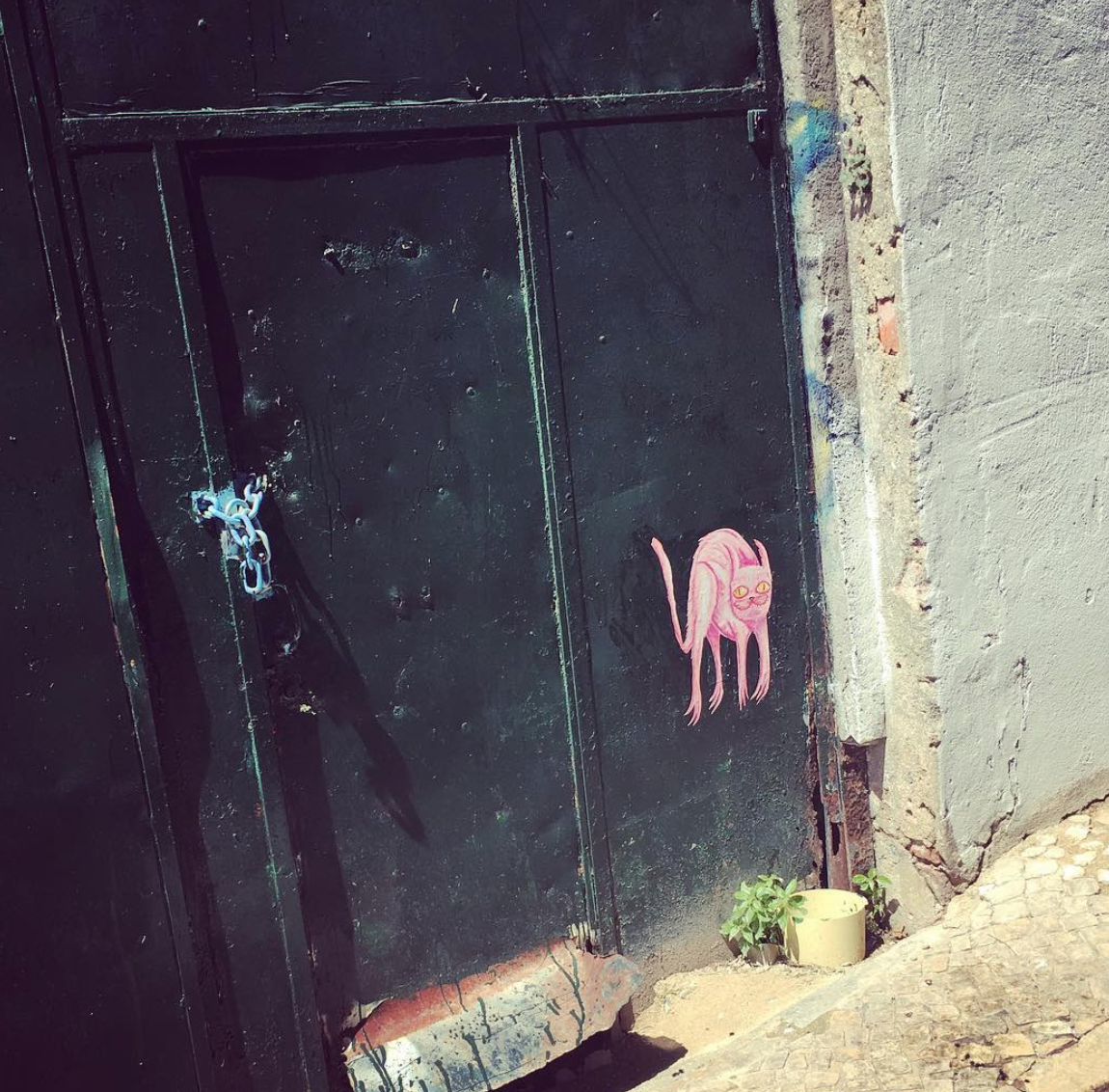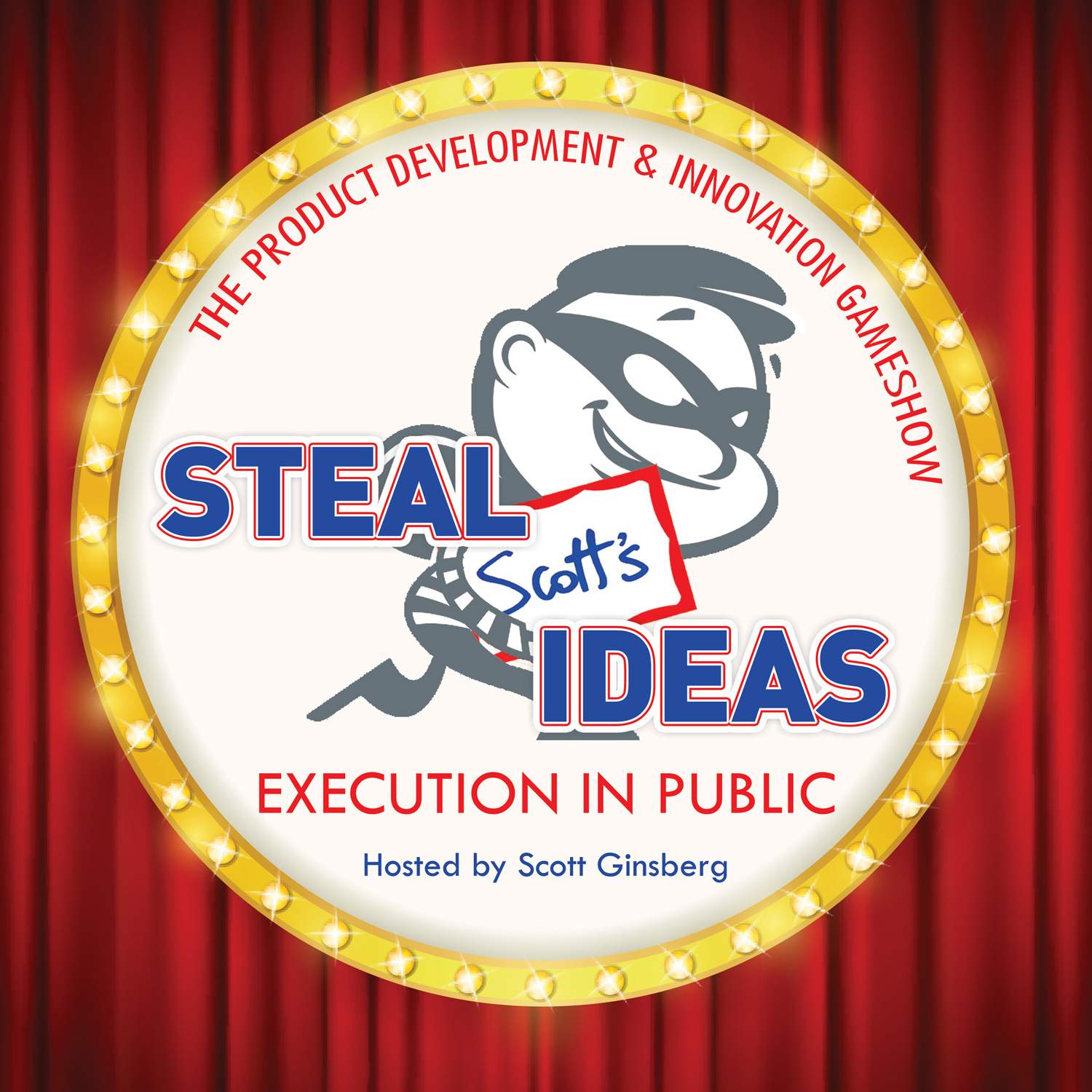

Schwartz’s fascinating study on virtue found that in life, there is no such thing as an unmitigated good. There is no value or behavior that’s universally positive.
Take the overhyped word authenticity. It’s become the defining virtue to which we are all urged all aspire.
But there are some key questions worth asking.
What good is authenticity if everybody in you know thinks you’re a dick?
How noble is being in complete integrity all the time if your coworkers find you to be a contemptuous asshole?
What’s the point in being terminally true to yourself when doing so prevents you from evolving and changing for the better?
Where is the value in always expressing your genuine truth if it alienates you from the people you love?
Aristotle famously proposed that to achieve happiness and success, people should cultivate virtues at mean or intermediate levels between deficiencies and excesses.
Which is a fancy way of saying:
There is a fine line between knowing who you are and subjecting people to your unkind bullshit.
Look, by all means, know who you are. Love who you are. Proudly share who you are.
But accept that who you are is not the center of the universe around which the rest of us are obligated to revolve.
Authenticity is not a panacea. Keeping it real is the sole path to heroism. And for the record, just because someone doesn’t act how they feel every minute of the day, it doesn’t make them inauthentic.
It makes them an adult. It makes them kind. It makes them the kind of person others actually enjoy being around.
LET ME ASK YA THIS…
What is the social cost of your aggressive authenticity?
* * * *
Scott Ginsberg
That Guy with the Nametag
Author. Speaker. Strategist. Inventor. Filmmaker. Publisher. Songwriter.
 It’s the world’s first, best and only product development and innovation gameshow!
It’s the world’s first, best and only product development and innovation gameshow!
Tune in and subscribe for a little execution in public.
Join our community of innovators, artists and entrepreneurs
